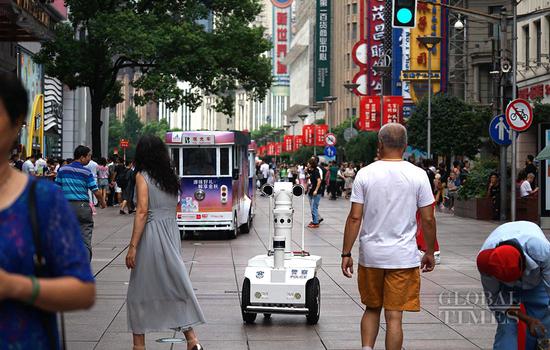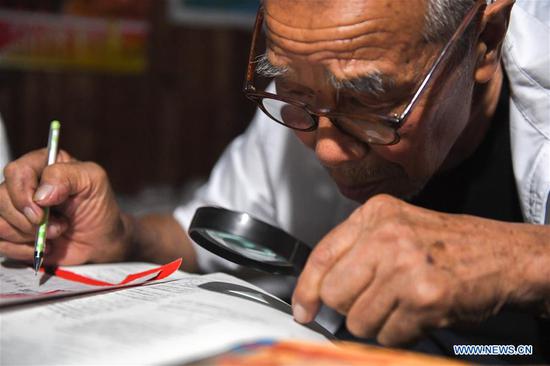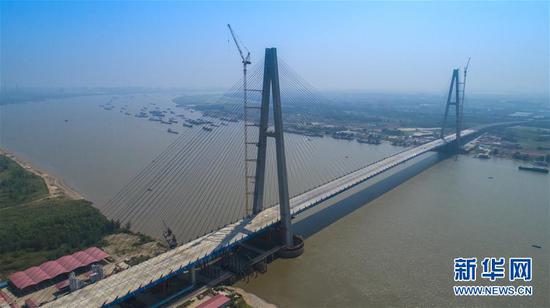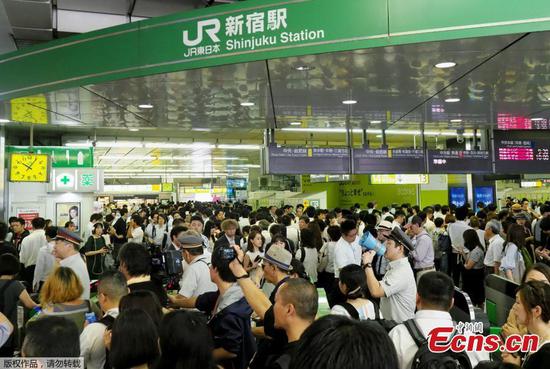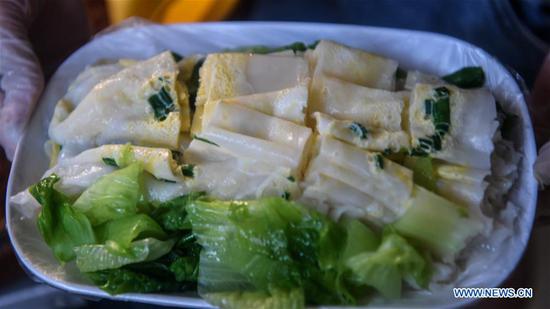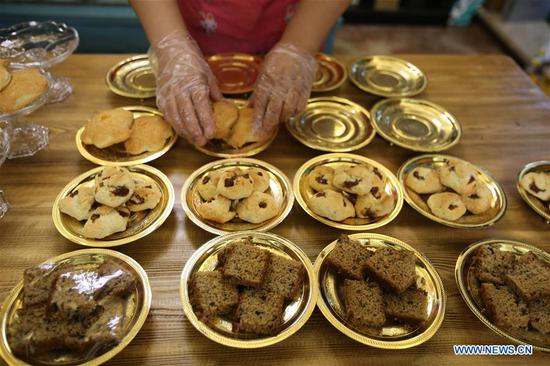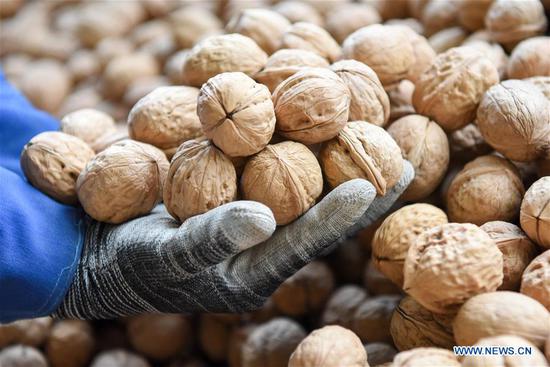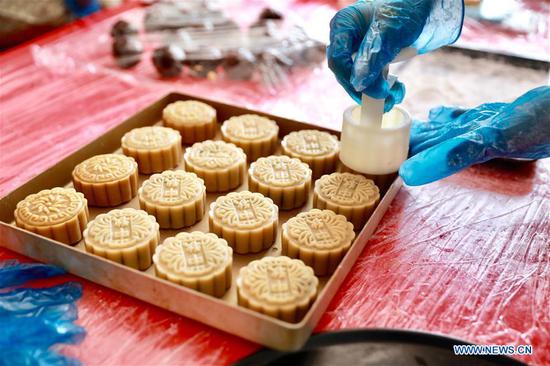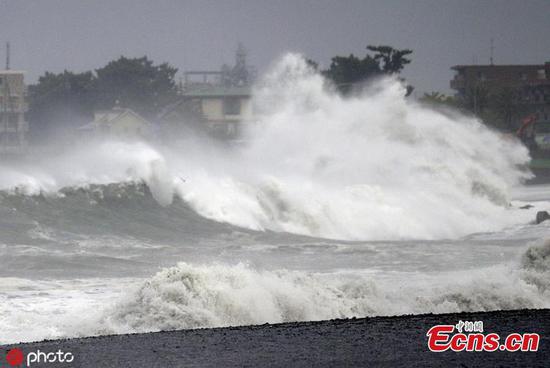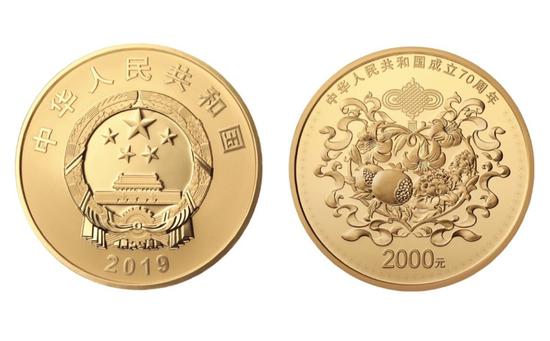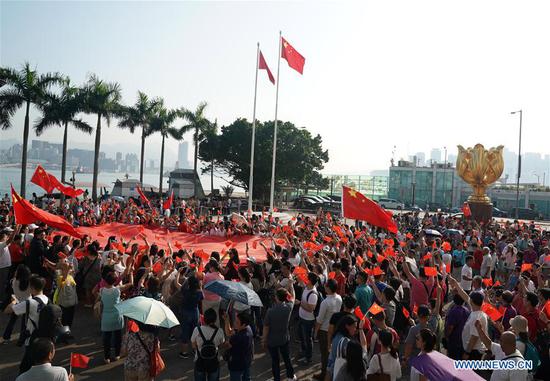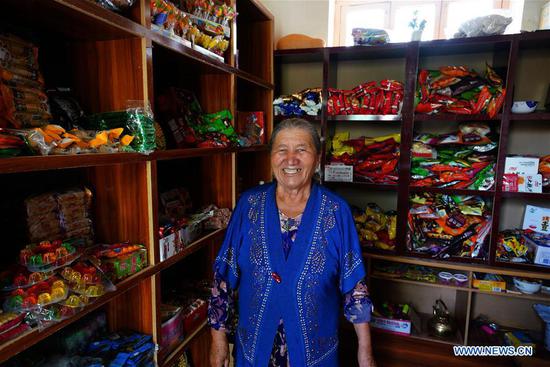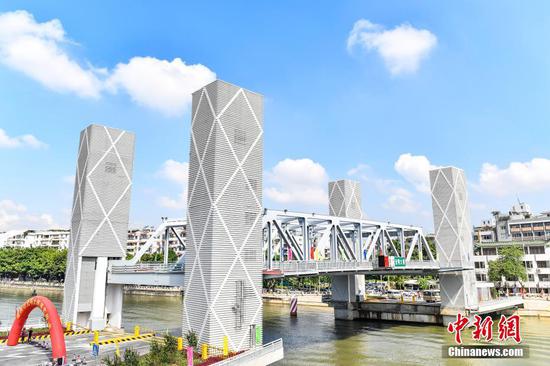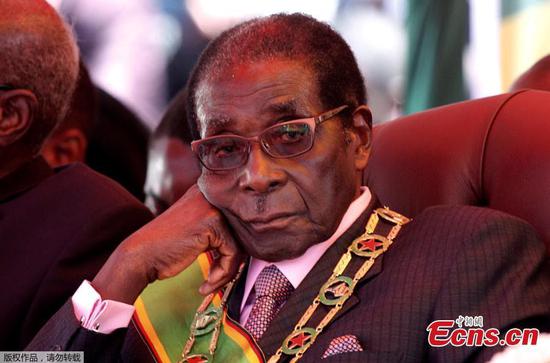
A resident shows how to recycle organic waste and turn it into natural fertilizer and enzymes at Yutai Jingyuan, a neighborhood in Hongkou district, Shanghai, on Aug. 29. (Photo by Zhu Xingxin/China Daily)
A municipal regulation on waste management has shown promise in Shanghai in the past two months, as the city leads China into an era of compulsory garbage sorting and recycling.
Since the regulation took effect on July 1, up to 9,200 metric tons of kitchen garbage have been handled separately per day, an increase of 130 percent from the end of last year, official data has shown.
The city's ability to recycle kitchen waste has improved as well. Up to 4,600 tons of organic garbage is reused per day, and the amount is expected to surge to 5,800 tons by the end of the year.
The amount of residual waste is now less than 15,500 tons per day, dropping 26 percent from the end of last year, while the weight of recyclables hit 4,500 tons per day, five times higher than the end of last year, according to Shanghai Landscaping and City Appearance Administrative Bureau.
"Appropriate waste sorting preserves the living environment and saves nature resources," said Deng Jianping, director of the bureau. "Led by the central government, Shanghai is endeavoring to develop long-term solutions to garbage management."
President Xi Jinping visited a community center in Hongkou district during his two-day inspection in Shanghai on Nov 6 and 7. He stressed that waste sorting is a new fashion and Shanghai should ensure garbage management is done well.
The municipality stipulated that residents should classify garbage into four categories: recyclables, kitchen waste, hazardous waste and residual waste.












